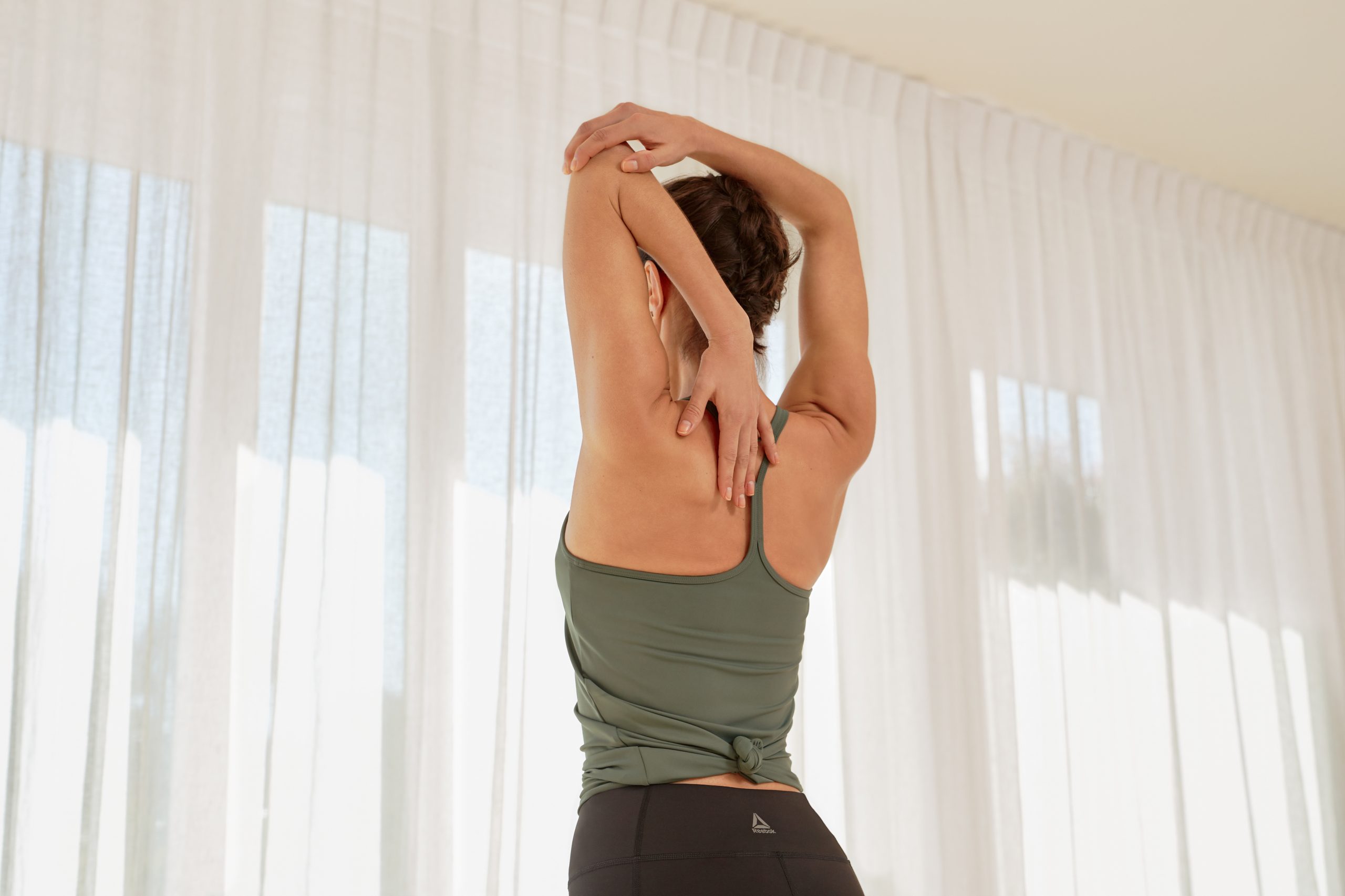
May 5, 2020, by Charlotte Gauja
Training For Your Sport During Lockdown
In the current climate, it has and will continue to be a challenge for athletes at all levels to train specifically for their sport without access to equipment and facilities. We have some tools to help you structure, maintain and enhance your exercise routine during lockdown, to stay engaged and ready for your when your sport fully resumes.
Periodise Your Training
Periodisation is structuring your training programme into cycles, for example your training should look different when you are in-season and out-of-season, when learning a new skill. It also refers to breaking down your long-term goals into short-term goals that allow you to see results and you track your progress.
Managing this will depend heavily on whether you do a summer or winter sport. Trying to implement too much organisation into your routine when it’s unclear when sport will resume may seem like a redundant task. However, having a framework to follow will:
- help maintain conditioning to where it needs to be now (most likely out-of-season)
- put you in a better position for when you return to your sport (compared to where you would be if your training had no structure or focus)
- help maintain your athletic commitment and work ethic
Keep Things Functional and Sport-Specific
Training is functional when its outcomes can be transferred to a court/field, while sport-specific training is directly related to movements and conditions related to a task. Let’s say you are a badminton player as an example; A controlled lateral lunge is a functional exercise for you, while explosive clock lunges are badminton-specific. You should aim to develop functional strength and quality movement before moving to sport-specific training.
Functional and sport-specific training methods can be achieved during lockdown with no equipment. You can play around with the type and tempo of your exercises to mimic what you might experience when you compete. Think about the energy system/s you use for your sport, the muscles and movements involved, the timings of work and rest, and qualities of what makes your sport unique. For instance, a long-distance endurance run if you’re a basketball player isn’t functional or sport-specific as you’ll never be moving in a straight line for a long time on court. Instead, you could combine sprint intervals to work anaerobically, and agility drills for direction change.
Change It Up
While consistency is key, doing the same thing over and over for too long can result in plateaus. Variety to your programme will keep you engaged, and also encourage positive training adaptations. How to implement this will depend heavily on your sport and styles of training. Generally, you should be looking to make changes to your programme every 4-8 weeks. This could range from tweaking training volume, progressing exercises to more complex movement patterns, or focusing on a new skill. We advise using this time as an opportunity to identify and work on key areas of improvement for your sport.
You can make this process fun by thinking of games to play while still working out. Consider the unpredictable chaos of sport and how you can replicate conditions you might experience in competition. Take rugby, a full-contact sport involving a lot of players, with environmental factors such as the weather impacting the game. Think how you can maintain the unpredictability of those conditions in your current setting. How could you challenge your reaction time? How could you build stability to take a tackle?
Compete
Sport requires as much physical stimuli to inspire progress as it does mental. Competition drives progression, it is motivator that keeps you focused on your goals. Whether you’re competing with yourself, teammates or family, track your PBs using fitness apps or other means so you can see improvements.
Competition needn’t always be serious, you can make it healthy, inclusive, fun and light-hearted, so long as it positively motivates everyone involved.
Stay Connected
Staying connected to teammates, coaches and beyond, will keep you engaged with your sport and support network. Check-up on each other, be aware of what goals everyone is working towards, and share your experience. This collective effort will make it easier to hit the ground running when you’re back training together, and contribute to sustaining positive physical and mental health.
It’s important to know that it’s always okay to ask for help. If you’re not always sure how to structure your training, reach out to someone. No one ever made it to the top all by themselves.
Despite everything said above, you may find this time to be an opportunity to take a break from training and thinking about your sport. This could help you to appreciate it and focus on other areas of health and fitness. Do what works for you, just stay active and healthy, whatever your endeavour.
To view a range of fitness sessions delivered by University of Nottingham Sport be sure to visit our Health and Wellbeing Home: https://www.nottingham.ac.uk/sport/health-and-wellbeing-home.aspx
No comments yet, fill out a comment to be the first

Leave a Reply